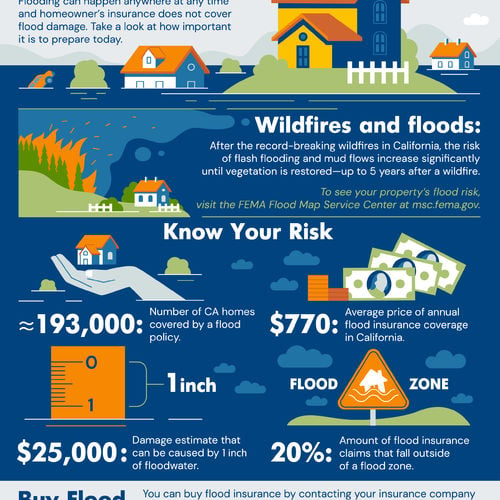According to Chicago Title, scammers and fraudsters are impersonating property owners to illegally sell real property — especially vacant lots and land.
Avoid being scammed!
Due to the types of vacant lots and land property being targeted, it can take months or years for the actual property owner to discover the fraud.
You can’t count on the lot / land listing agent to tell you if the seller is legitimate. Just last week, an agent told me they had not heard of the land scams.
Luckily, she had known the seller personally for many years.
How a scammer sells land they don’t own:
- Sophisticated fraudsters are using the real property owner’s Social Security and driver’s license numbers in the transaction, as well as legitimate notary credentials.
- These real notary credentials may be applied without the notary’s knowledge.
- Some imposters are changing the mailing address where the tax bill is sent before to selling the property out from the legitimate owner.
How scammers trying to sell lots and land they don’t own communicate: Fraudsters use email and text messages or WhatsApp to communicate, allowing them to mask themselves and commit crime from any location.
For your own home and real estate, be sure to freeze your credit, shred mail with your address, and protect your identity to avoid having your name associated with new addresses!
How to Avoid Getting Scammed Buying Lots and Land
- Work with a Realtor® who engages a title company like Chicago Title to thoroughly research ownership.
- Contact the tax collector’s office to find out if the subject property has had a recent address change.
- Property monitoring services offered by county recorder’s offices are helpful, especially if the fraud is discovered prior to the transfer of money
- Where approved by state regulators, consumers can purchase the Chicago Title Homeowner’s Policy of Title Insurance for additional fraud protection. Protecting your purchase against future claims or scams is a key purpose of title insurance — which may seem expensive but is the ultimate peace of mind.For example, Chicago Title says their Homeowner’s Policy coverage protects homeowners against claims arising both before and after the policy date. The homeowner is covered if someone else has an interest in or claims to have rights affecting the title, or the title is defective.
Post-policy protection also includes coverage for forgery, impersonation, easements, use limitations, and structural encroachments built by neighbors (except for boundary walls or fences) after the policy date.
Get more tips on avoiding real estate seller impersonation fraud from Chicago Title.
Selling real estate? Get in touch, and I’ll get you more info on the importance of title insurance and avoiding scams like these!



